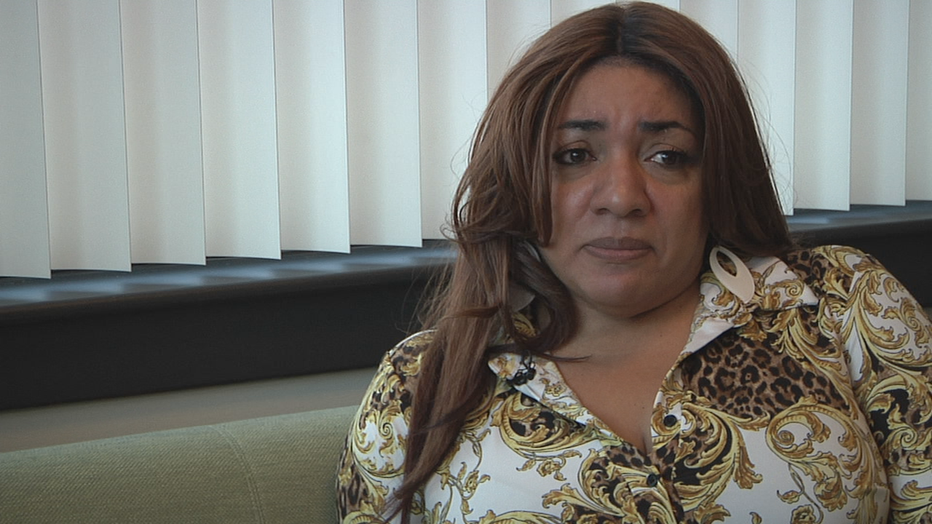Blood pressure risks can last long after childbirth

High blood pressure during pregnancy
High blood pressure during pregnancy affects about 3 million a year in the U.S.
ATLANTA - Tara Joyner's fourth pregnancy was uneventful, at least for the first 6 months. Then, Joyner says, her hands and feet began to swell, and she felt short of breath.
She was put on bed rest, and a visiting nurse came by to check on Joyner.
"She immediately checked the blood pressure and said I needed to go to the hospital right now,” Joyner remembers. “Because my blood pressure was 210/88.
Anything over 140/90 is considered high.
Joyner's numbers were so high, she was at risk of having a stroke.
Rushed to the hospital, Joyner was diagnosed with preeclampsia, a potentially serious blood pressure disorder that can occur in pregnancy, during the delivery, and even weeks or months after a woman's baby is born.
Preeclampsia is risky because it can trigger a stroke or seizures.

Joyner remembers.
Tavia, delivered by an emergency c-section at 24 weeks, is now in high school, and healthy.
But, Tara Joyner is still on blood pressure medication, and likely will be for life.
Morehouse School of Medicine obstetrician Dr. Franklyn Geary says physicians typically focus on monitoring a woman’s blood pressure during pregnancy.
But, Geary says, women can develop postpartum preeclampsia in the days and weeks after they give birth.
He recommends women with preeclampsia be monitored for complications for a year after their delivery.
"Usually, the symptoms are swelling, headache and blurred vision,” Dr. Geary says. “You haven't had headaches before, and you start having headaches. You’re swollen, even after you deliver. Your legs start swelling. Your hands start swelling."
Common symptoms of preeclampsia include:
- headache that won't go away
- stomach pain
- blurred vision, or seeing black dots
- swelling in the hands and feet
- feeling nauseous
- vomiting
- blood pressure above 140/90
If you develop these symptoms, Geary says, call your doctor.
He says there is medication that can lower blood pressure and prevent seizures. But women who experience preeclampsia are at higher risk of high blood pressure, heart disease and stroke years after their deliveries.
Tara Joyner encourages new moms to speak up.

